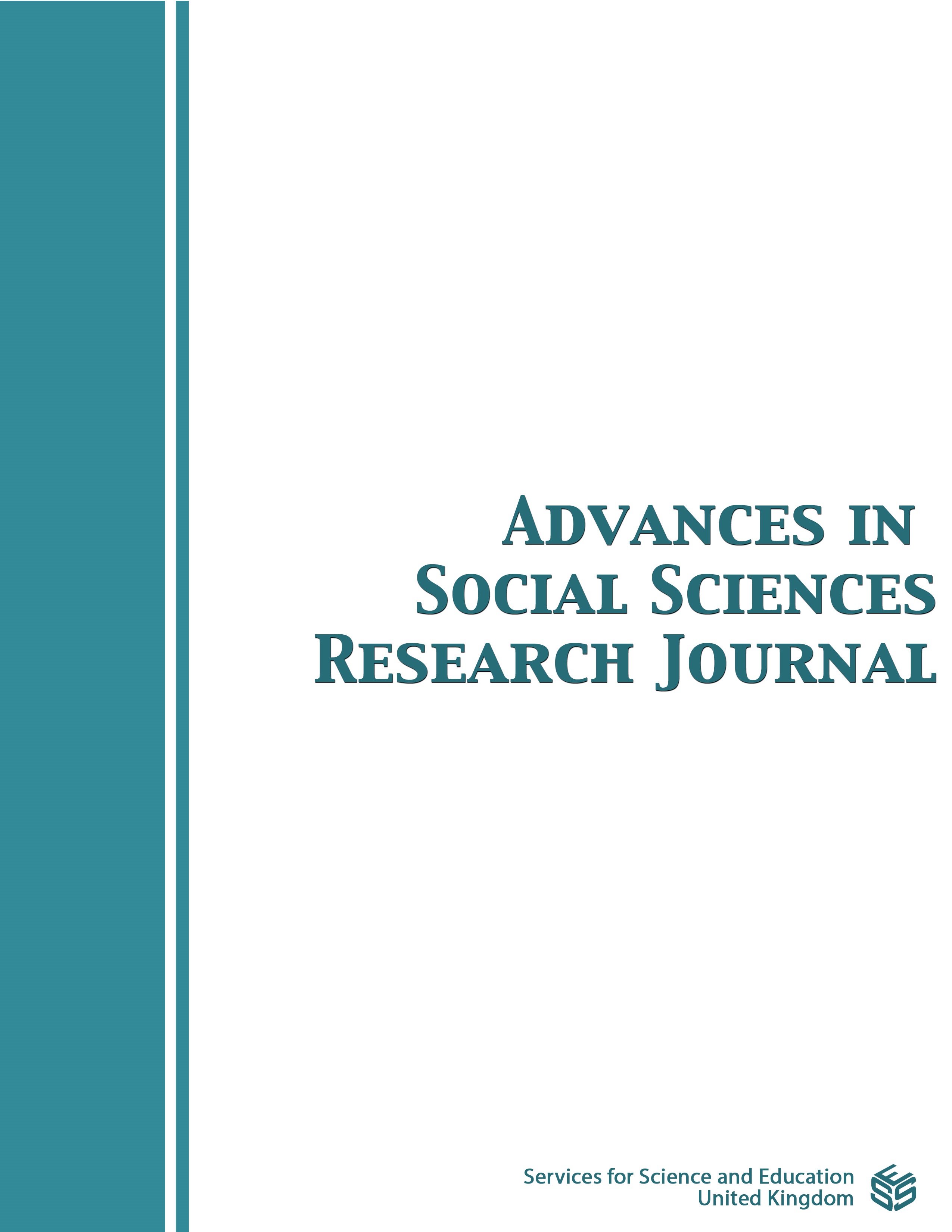The Influence of Taxation on Consumer Burden in Malaysia: A Revisit on GST
DOI:
https://doi.org/10.14738/assrj.119.2.17400Keywords:
GST, Consumer burden, Taxation, Government policyAbstract
The implementation of Goods and Services Tax (GST) in Malaysia for a short period (2015 to 2018) remarked a significant tax reform in the country. However, despite successful GST implementation in various countries, Malaysians were still skeptical of the policy leading to its cancellation. Therefore, the inquiry of such a relationship becomes crucial to affirm whether taxation has a significant impact on consumers' burden in both the short and long term. The study uses quarterly secondary data from 1996-2016 by analysing the Autoregressive Distributed Lag Error Correction Model (ARDL-ECM) estimation and combined cointegration test to testify the cointegration effects on the variables. The Toda and Yamamoto Granger causality analysis is also employed to identify the direction of causality among the variables. The result from this study provides evidence on the existence of a long run relationship between taxation and consumer burden via direct taxation proxy. Nevertheless, the study failed to establish a short run association between taxation and consumers’ burden. The study revealed that indirect tax does not lead to consumer burden, hence suggesting that GST might be an effective policy in increasing government’s revenue without pressuring the public. However, direct tax policy might need to be revisited as it leads to an increase in consumers' burden in the long run. Notwithstanding, the government shall be more careful and sensitive in formulating future tax reforms or introducing new policies to ensure consumers will not be negatively affected.
Downloads
Published
How to Cite
Issue
Section
License
Copyright (c) 2024 Siti Nurhazwani Kamarudin, Norsiah Ahmad, Nanthakumar Loganathan

This work is licensed under a Creative Commons Attribution 4.0 International License.
Authors wishing to include figures, tables, or text passages that have already been published elsewhere are required to obtain permission from the copyright owner(s) for both the print and online format and to include evidence that such permission has been granted when submitting their papers. Any material received without such evidence will be assumed to originate from the authors.






